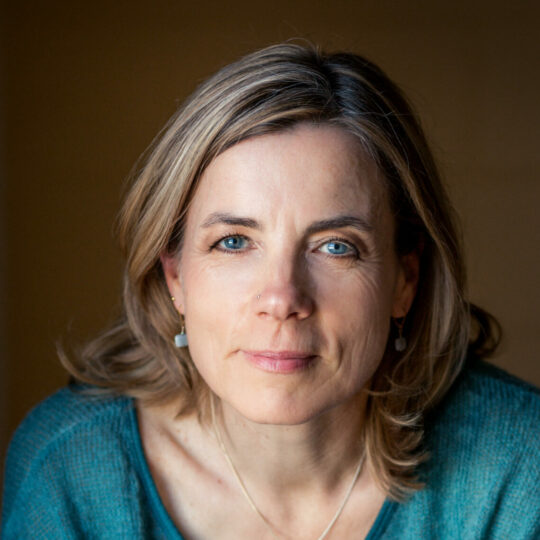Mindful Self-Compassion (MSC) is an eight-week program that promotes cultivating self-compassion in a community. It is in-person at our Olympic location.
The MSC program, a powerful tool for emotional resilience, is the brainchild of renowned psychologists Kristen Neff, PhD (www.Self-Compassion.org) & Chris Germer, PhD (www.MindfulSelfCompassion.org). It combines the skills of mindfulness and self-compassion, offering a well-researched and proven approach to cultivating emotional well-being.
Mindfulness is the first step in emotional healing—the ability to turn toward and acknowledge difficult thoughts and feelings (such as anger, confusion, sadness, and inadequacy) with an approach of openness and curiosity.
Self-compassion involves responding to difficult thoughts and feelings with kindness, sympathy, and understanding so that we can soothe and comfort ourselves when we’re hurting.
Research has shown that self-compassion dramatically boosts emotional well-being and happiness and reduces anxiety and depression. All that’s required is a shift in the direction of your attention–recognizing that as a human being, you, too, are a worthy recipient of compassion.
The Mindful Self-Compassion sessions will deepen our capacity to meet our individual and collective experiences with awareness, compassion, and resilience and strengthen our sense of common humanity. The 8-week format consists of eight weekly, 2.5-hour sessions in a classroom/discussion group format, plus a 4-hour retreat. This class format promotes integration into our lives and offers an extended opportunity to deepen and solidify our practice.
In this dynamic group-learning environment, we will immerse ourselves in meditation practice, thought-provoking reflective exercises, and lively interactive discussions in both large and small groups. We will explore our daily life experiences and practices, creating a safe refuge where participants can delve deep, share authentically, listen intently, and compassionately receive each other and our whole selves. This unique community-based approach to practicing compassion can powerfully insulate us from a sense of separation and help heal grief and trauma.
Throughout this course, participants will learn to:
- Describe the theory and research supporting mindful self-compassion
- Motivate themselves with encouragement rather than self-criticism
- Relate to difficult emotions with greater moment-to-moment acceptance
- Respond to feelings of failure or inadequacy with self-kindness
- Begin to transform complicated relationships, old and new, through self-validation
- Practice the art of savoring and self-appreciation
- Integrate core mindfulness and self-compassion exercises into daily life
- Teach simple self-compassion practices to patients, students, or clients
Schedule (Tuesdays 6:30 pm – 9:00 pm PT):
August 13
August 20
August 27
September 3
September 10
Sunday, September 15 – Half-day retreat from 1pm to 5pm PT
September 17
September 24
October 1
Continuing Education hours:
Psychologists: Continuing Education Credit for this program is provided by UC San Diego Center for Mindfulness. The UC San Diego Center for Mindfulness is approved by the American Psychological Association to sponsor continuing education for psychologists. The UC San Diego Center for Mindfulness maintains responsibility for this program and its content. This course offers 24.0 hours of credit.
California licensed MFTs, LPCCs, LEPs, LCSWs: Continuing Education Credit for this program is provided by UC San Diego Center for Mindfulness. The UC San Diego Center for Mindfulness is approved by the American Psychological Association to sponsor continuing education for psychologists. 24.0 contact hours may be applied to your license renewal through the California Board of Behavioral Sciences. For those licensed outside California, please check with your local licensing board to determine if APA accreditation meets their requirements.
Nurses: UC San Diego Center for Mindfulness is approved by the California Board of Registered Nursing, Provider Number CEP16351, for 28.75 contact hours.




